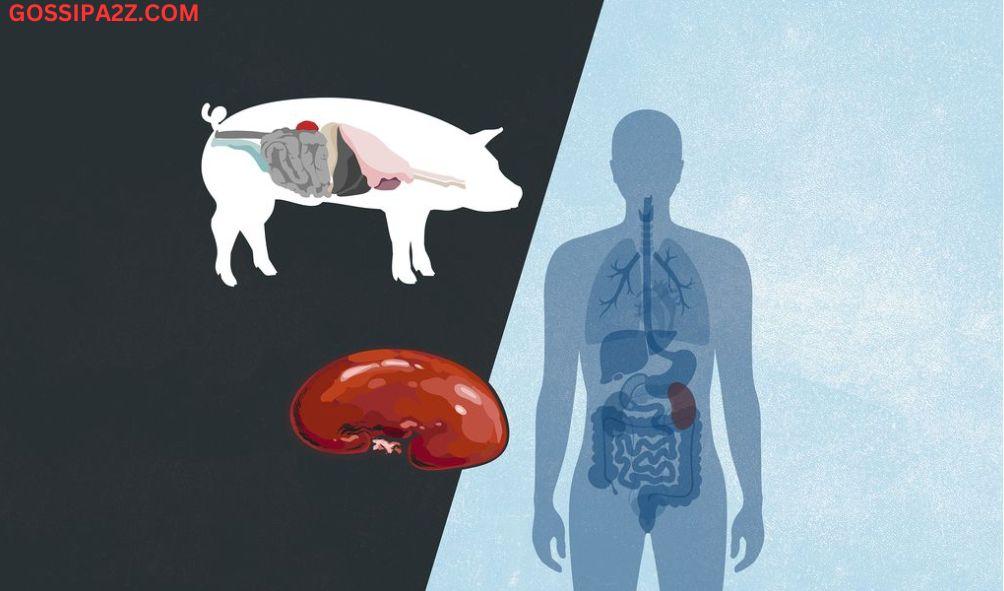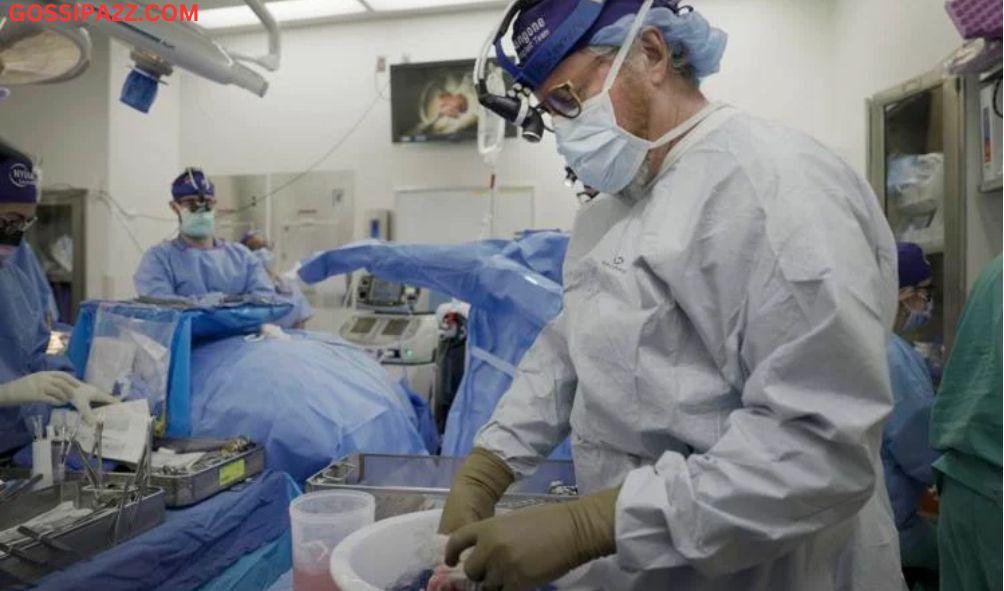Pig Kidney Thrives in Humans for Over a Month- Research
A medical center announced Wednesday that a genetically modified porcine kidney continues to function normally 32 days after being transplanted into a brain-dead patient.
The experimental procedure is part of an expanding field of study aimed at advancing cross-species organ donation and, consequently, reducing transplant waiting lists.

In the United States, more than 103,000 individuals are waiting for transplants, 88,000 of whom require kidneys.
“This research demonstrates that a pig kidney, with a single genetic modification and without the use of experimental drugs or devices, can replace the function of a human kidney for at least 32 days without being rejected,” said Robert Montgomery, director of the NYU Langone Transplant Institute.
In September 2021, Montgomery performed the first genetically modified porcine kidney transplant on a human, followed by a similar procedure in November 2021. There has been a scattering of additional cases since then.
In contrast to previous transplants, which required as many as ten modifications, the most recent experiment required only one: the gene responsible for so-called “hyperacute rejection,” which would otherwise occur within minutes of an animal organ being connected to a human circulatory system.
The NYU Langone team was able to prevent immediate rejection by “knocking out” the gene responsible for the alpha-gal biomolecule, which would have otherwise been a primary target for human antibodies.
ALSO READ: In-Womb Baby Transfusion: KNH Achieves Historic Milestone
Montgomery stated, “We now have more evidence to show that, at least in kidneys, removing the gene that triggers a hyperacute rejection may be sufficient, along with clinically approved immunosuppressive drugs, to successfully manage the transplant in a human for optimal performance over the long term.”
They also implanted the pig’s thymus organ, which is responsible for immune system education, in the kidney’s outer layer to prevent a more delayed host rejection.
The patient’s own kidneys were removed, and then a porcine kidney was transplanted and began producing urine immediately.
Monitoring revealed that waste product creatinine levels were optimal, and there was no evidence of rejection.
Importantly, no evidence of porcine cytomegalovirus, which can lead to organ failure, has been found, and the team will continue monitoring for another month.
The research was made possible by the 57-year-old male patient’s family, who elected to donate his body to science.
Surgeons at the University of Maryland Medical School performed the first pig-to-human transplant on a living patient in January 2022.
His death was subsequently attributed to the presence of porcine cytomegalovirus in the organ, which occurred two months after the event.
Pig Kidney Thrives in Humans for Over a Month- Research
